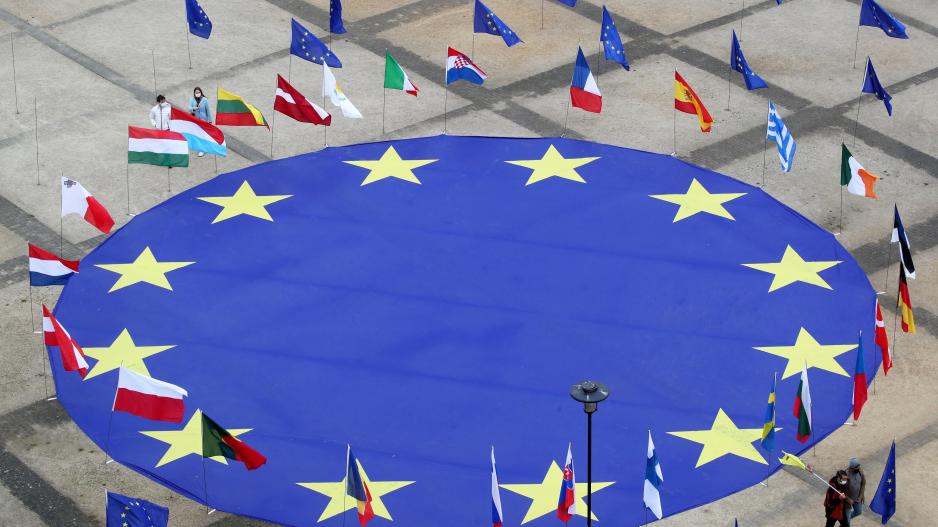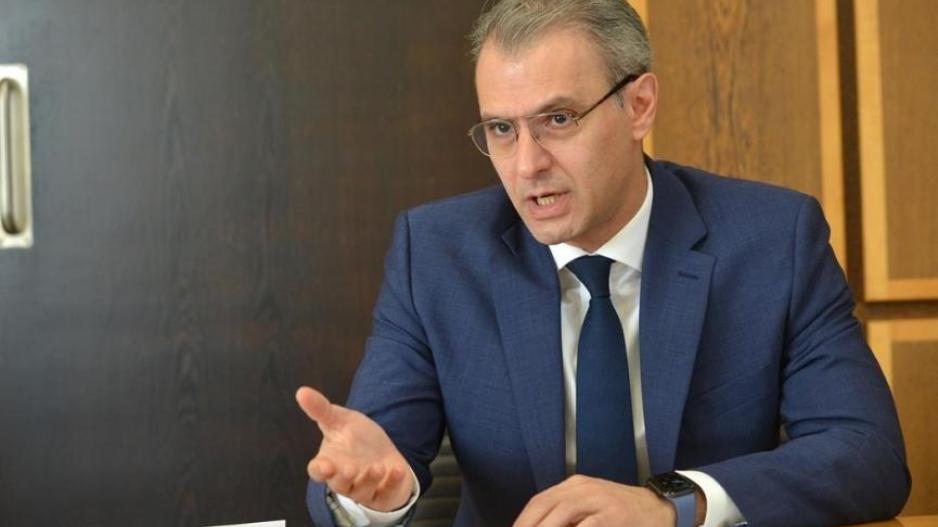CBC Governor Cautious on Interest Rate Cuts
“Discussions on Interest Rate Reductions Are Premature”
In the midst of two conflicts and potential upheaval in the supply chain due to tensions in the Red Sea, the Governor of the Central Bank of Cyprus and member of the ECB's Governing Council, Constantinos Herodotou, emphasized that discussions on interest rate reductions are premature.
In an interview with Econostream, a media outlet specializing in monetary policy, Mr. Herodotou acknowledged that inflation is receding following the ECB's monetary policy decisions. However, he stressed that the ECB will continue its policy based on data to ensure a stable and sustainable reduction in inflation.
"Recognizing the significant uncertainty due to ongoing economic fluctuations, our decisions are determined meeting by meeting, analyzing the most recent economic and financial data available at the time of each decision. In the current context with two geopolitical conflicts and a potential disruption in the supply chain due to changes in trade routes in the Red Sea, any discussion of possible interest rate cuts would be premature," he stated.
The ECB's first monetary policy meeting of 2024 is scheduled for January 25th.
Mr. Herodotou noted that while inflation is on the right path to slowing down, "more time and further progress is needed to evaluate and conclude that this path is robust and sustainable enough to bring inflation back to the 2% target."
Responding to a question about the possibility of an earlier interest rate cut within the semester, Mr. Herodotou mentioned that according to ECB forecasts, inflation is expected to fall to 2.1% in 2025, while expecting further transmission of previous monetary policy decisions into the financial sector and the real economy. "However, much more data will be available in the first half of 2024, which is necessary to determine future decisions," he added.

Asked whether the ECB will wait for the first semester before making decisions on interest rate cuts, if the weakness in the eurozone economy is more pronounced or if labor market conditions are weaker, Mr. Herodotou, after emphasizing that the ECB's mandate is price stability and reducing inflation to the medium-term target of 2%, added that it is important to take a more holistic approach to the economic situation and inflation outlook, taking into account various indicators, including wages.
However, he noted that developments regarding wages might require more attention due to the incremental and multi-year nature of wage-setting processes in the eurozone labor markets and in anticipation of stronger demands from workers to compensate for last year's income losses.
According to ECB forecasts, the eurozone economy is expected to slow to 0.6% in 2023 and accelerate to 0.8% this year.
Regarding the inflation trajectory, Mr. Herodotou said that inflation in the eurozone is expected to increase to 2.9% from 2.4%, mainly due to base effects on energy prices and the cessation of social support measures. He emphasized that the downward trend of inflation will continue in the medium term.
Moreover, Mr. Herodotou welcomed the ECB Governing Council's decision to reduce the reinvestments of the Pandemic Emergency Purchase Programme (PEPP) until June 2024 and terminate it by the end of the year, "as I believe it achieved the right balance between completing the restrictive monetary policy, while simultaneously ensuring the smooth functioning of the market and consequently the transmission of monetary policy."






